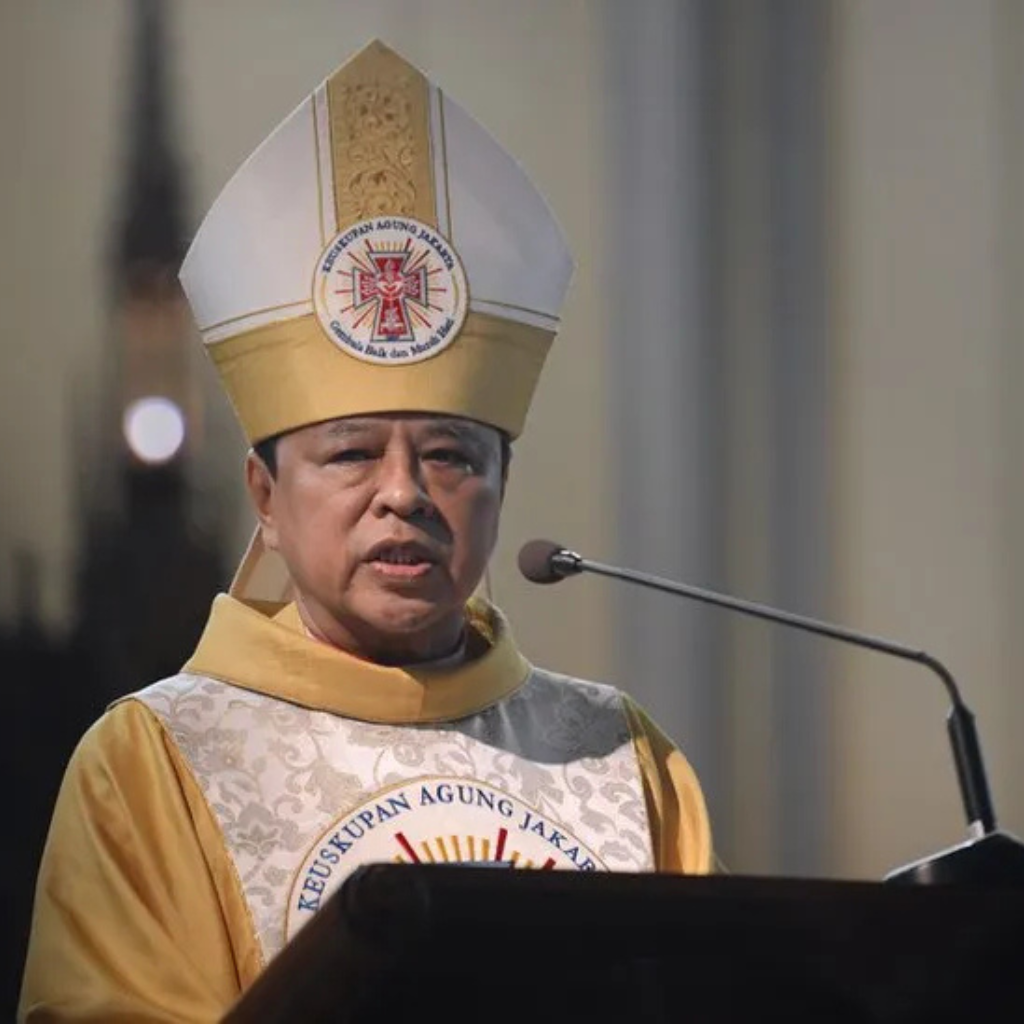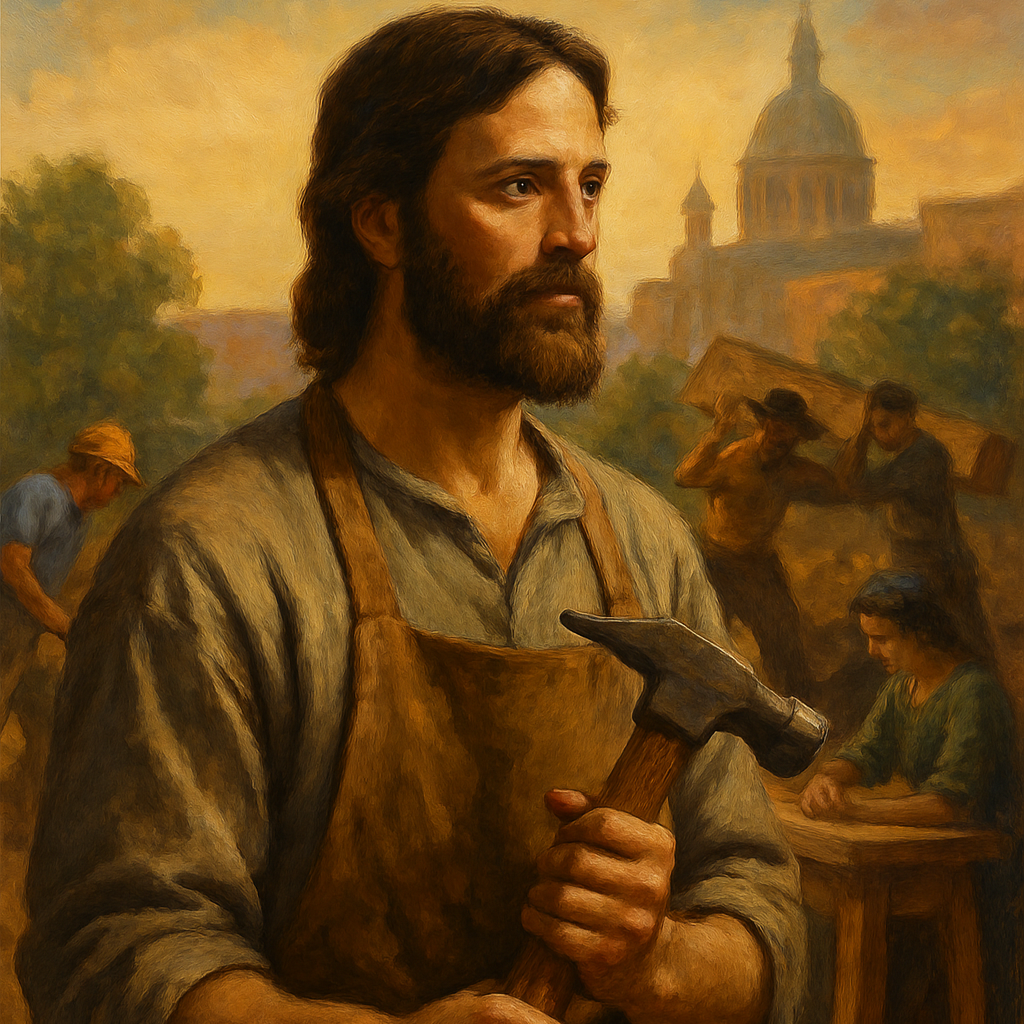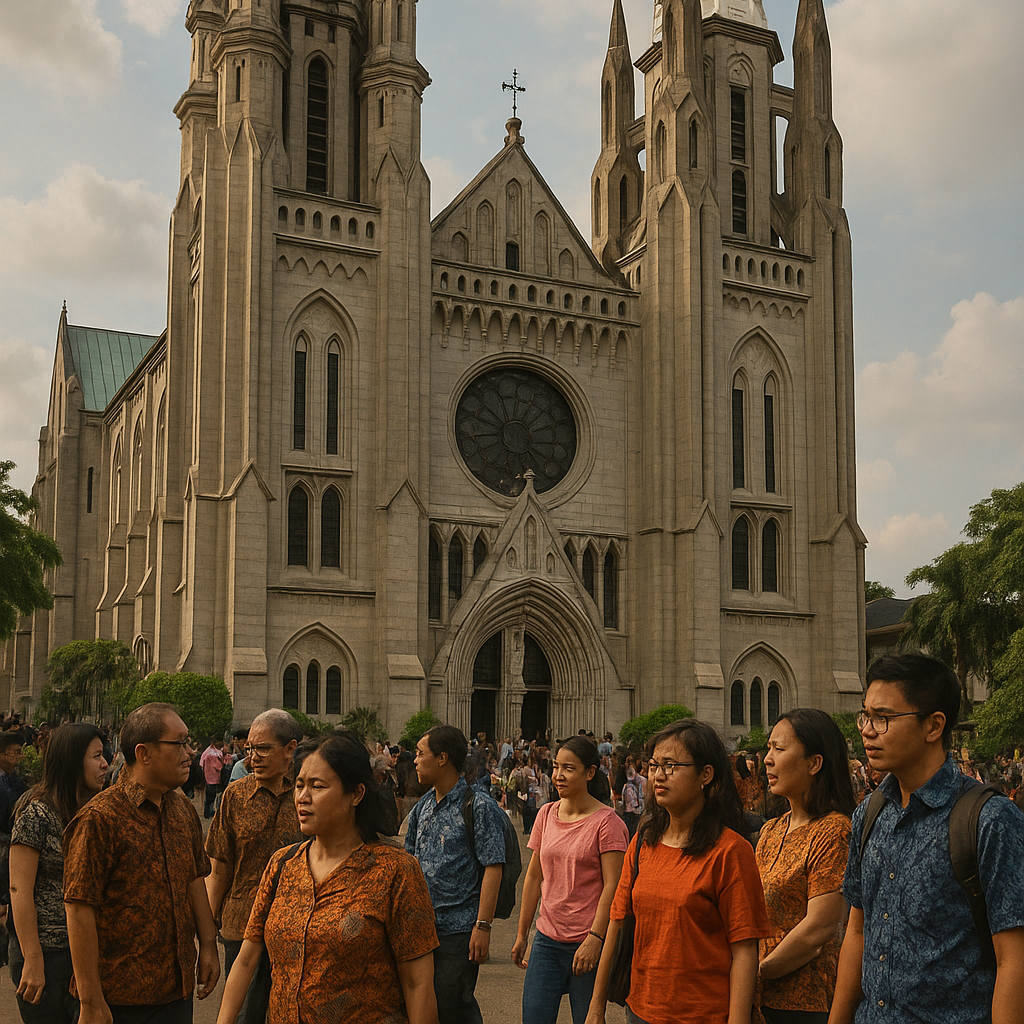Johann Gottlieb Schwarz: Christian Preacher in Langowan, Prabowo’s Ancestral Village
theolingua.id – Johann Gottlieb Schwarz – Langowan is known as one of the centres of Christianity in North Sulawesi, with religious traditions that are deeply rooted in the community. Since its introduction by missionaries in the 19th century, Christianity has become an integral part of the identity of the Langowan people. Churches stand majestically in various corners of the city, bearing witness to the community’s long journey in embracing and maintaining their beliefs.
In addition to its religious value, Langowan also has deep historical significance because it is the ancestral village of President Prabowo Subianto on his mother’s side, Dora Marie Sigar. This connection gives a sense of pride to the local community, who see Prabowo as one of the local sons who has achieved an important position at the national level. Prabowo’s family ties to Langowan further strengthen the spirit of the people in maintaining traditions and values that have been passed down from generation to generation.
History of the Spread of Christianity in Langowan
Langowan is one of the centres of Christianity in Minahasa. The religion was introduced by missionaries who arrived in the 19th century. One of the main figures in the spread of Christianity in Langowan was Johann Gottlieb Schwarz (1800–1859), a German priest who played a major role in introducing the gospel to the people of Minahasa.
Schwarz was born in Königsberg, Prussia (now part of Russia). After studying in Janike, he had a great desire to spread Christianity outside of Europe. Together with his colleague, Johann Friedrich Riedel (1798–1860), Schwarz joined the Nederlandsch Zendeling Genootschap (NZG) or Dutch Missionary Society, one of the organisations actively spreading Christianity in the Dutch East Indies.
In 1831, Schwarz and Riedel arrived in North Sulawesi on an NZG ship. They landed in Manado on 12 June 1831. After that, they divided the tasks: Riedel served in Tondano, while Schwarz preached the gospel in Langowan.
Challenges and Struggles of the Missionary Mission
When Schwarz arrived in Langowan, the local community still adhered to a traditional belief called Alifuru. At the same time, Langowan was also a place of exile for followers of Prince Diponegoro, including Kyai Modjo, who brought the influence of Islam to the area.
Schwarz faced many challenges, including rejection from local leaders. One of the Langowan leaders at that time, Major Tawalijn Sigar, initially still adhered to ancestral beliefs. However, Schwarz persevered and showed social concern by helping people in need, both those who had converted to Christianity and those who had not.
In 1838, Schwarz began to reap the rewards. After the local leader who had rejected his presence was replaced, more than 100 people had been baptised into Christianity. This model of preaching, which emphasises social concern, continues to attract more followers. By the end of his ministry, Schwarz had baptised more than 300 people in Langowan.
The Impact of Missionary Work in Langowan and Minahasa
The missionary mission in Minahasa was not only limited to church building, but also included the education and health sectors. Schwarz and other missionaries built schools that provided Western-style education. Thanks to this education, many Minahasans went on to occupy important positions in the colonial government until the era of Indonesian independence.
The spread of Christianity also created a new identity for the Minahasa people, who are known as one of the largest Christian communities in Indonesia. This continues to this day, with Langowan being one of the main centres of Christianity in North Sulawesi.
Tribute to Johann Gottlieb Schwarz
As a tribute to his services, Schwarz’s name is immortalised in the Minahasa Christian Evangelical Church (GMIM) Schwarz Sentrum Langowan. In front of the church, there is a statue of Johann Gottlieb Schwarz depicting himself with a holy book in his left hand and his right hand outstretched as a sign of greeting to the community.
This statue has been updated thanks to the initiative of Prabowo Subianto when he was still serving as Minister of Defence. The old statue was replaced with a new copper version, as a symbol of respect for Schwarz who had paved the way for the spread of Christianity in Langowan.
Conclusion
Johann Gottlieb Schwarz played a major role in the spread of Christianity in Langowan, Minahasa. Despite facing many challenges, he succeeded in transforming Langowan into one of the centres of Christianity in Indonesia. His legacy is still remembered today, through the church, education and the role of the Minahasa people in the history of Indonesia.
With the solemn celebration of Christmas 2024 in Langowan, Schwarz’s legacy is increasingly felt in the life of the local community. His presence in history has not only brought religion, but also social change and education to Minahasa, making him an important part of the region’s historical journey.








